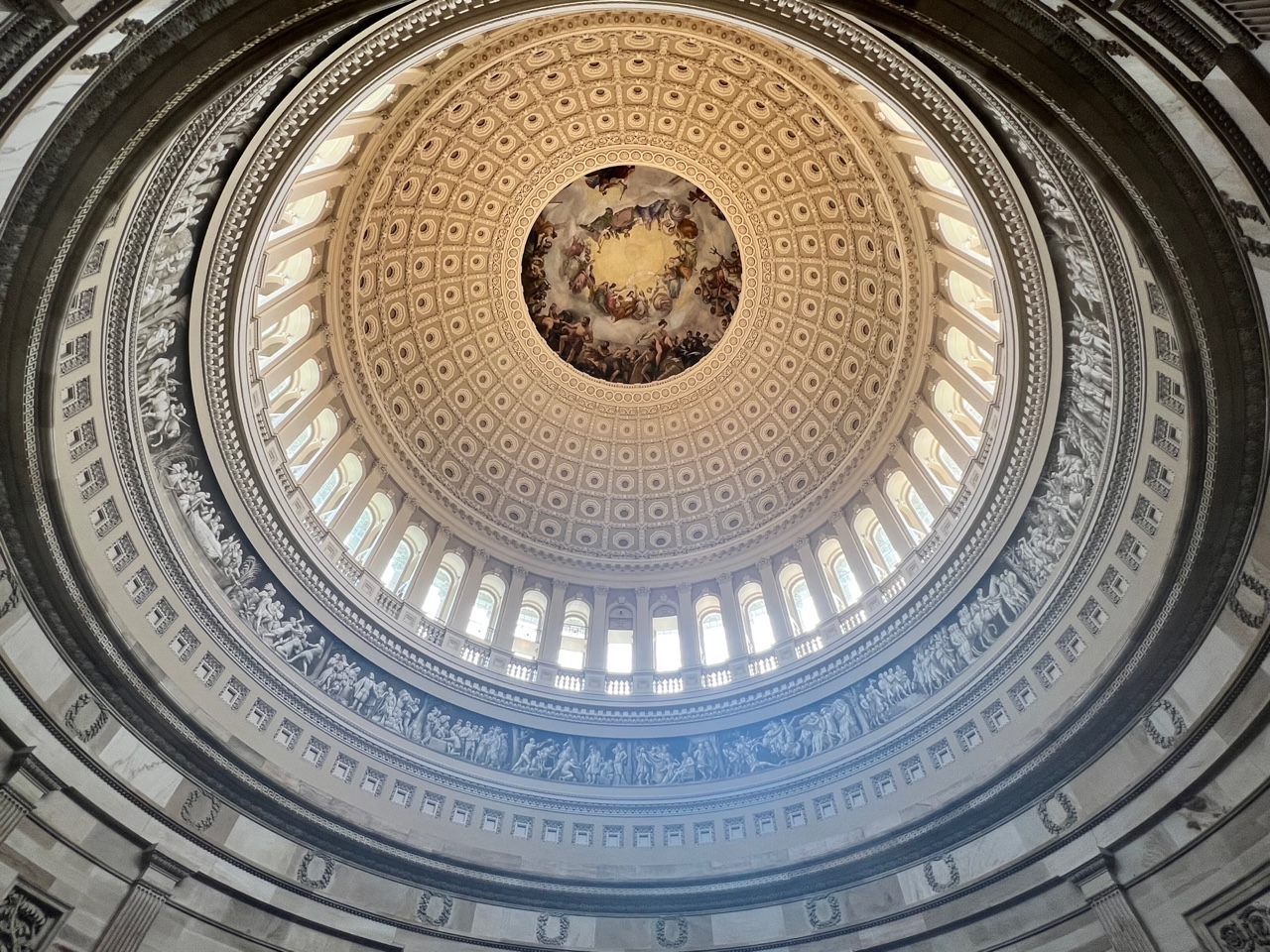On April 10, NAIFA met with the White House’s Office of Information and Regulatory Affairs (OIRA) to express the association’s concerns about the Department of Labor’s (DOL’s) proposed fiduciary rule. NAIFA reiterated its long-standing opposition to the rule, citing its probable impact on the accessibility and affordability of professional investment advice for middle-American retirement savers. Late that afternoon, OIRA sent the proposed rule back to DOL for finalization, canceling at least two subsequent previously scheduled stakeholder meetings.
In its meeting, NAIFA explained to OIRA personnel that the rule as proposed by the DOL’s Employee Benefits Security Administration (EBSA) would result in less access, at greater cost, to middle-income retirement savers. NAIFA CEO Kevin Mayeux explained that imposition of fiduciary responsibility on advice on whether and how to roll over plan assets to an IRA, or how to choose an investment for retirement plan contributions, would likely mean advisors would have to charge fees that middle income savers can ill afford. He pointed to strict best interest standards already in place with which professional advisors comply, and rigorous state regulation of investment advice in almost all 50 states. He reiterated that NAIFA members have already put their client’s interests ahead of their own and noted the important service provided by NAIFA investment advice professionals, especially to those of more modest means.
Prospects: Most Washington insiders anticipate release of a final new fiduciary rule by the end of April. While DOL may change some of the more technical elements of the proposed rule, most experts expect the rule will be finalized without changing the bulk of it. A Congressional Review Act (CRA) resolution to block the rule is likely, but it is unlikely to succeed—even if Congress passes a CRA resolution on the fiduciary rule, President Biden is almost certain to veto it, and there do not appear to be enough votes to override a veto. Litigation to overturn the rule is expected, and industry experts give lawsuits challenging the rule a high probability of success—but litigation will take months, if not a year, to conclude. So, even with finalization probably imminent, the issue seems still quite a long way from final resolution.
NAIFA Staff Contacts: Diane Boyle – Senior Vice President – Government Relations, at dboyle@naifa.org; or Jayne Fitzgerald – Director – Government Relations, at jfitzgerald@naifa.org; or Michael Hedge – Senior Director – Government Relations, at mhedge@naifa.org.






.png?width=600&height=90&name=Support%20IFAPAC%20%20(600%20%C3%97%2090%20px).png)
